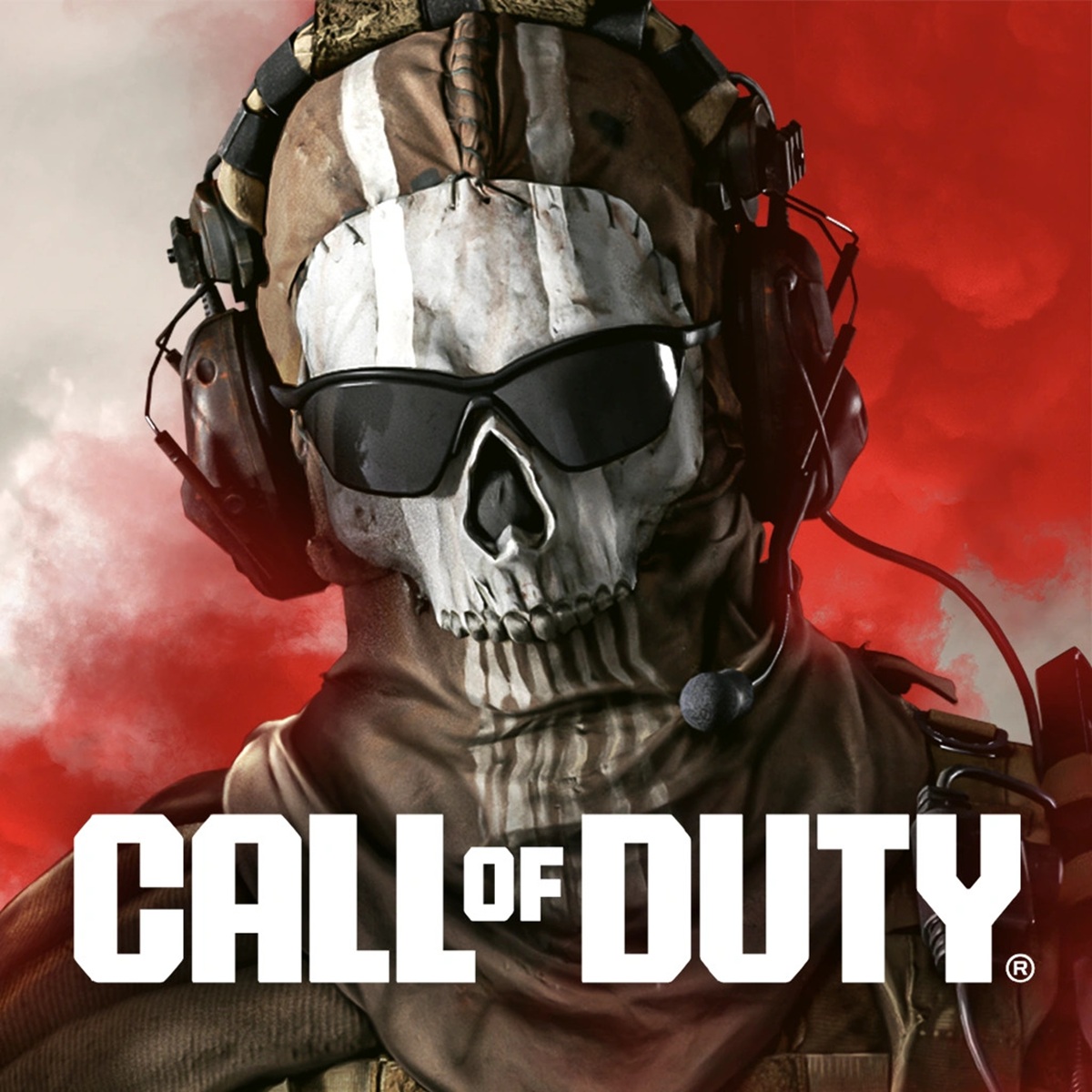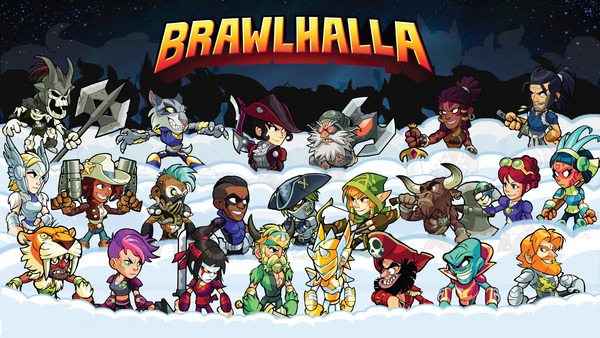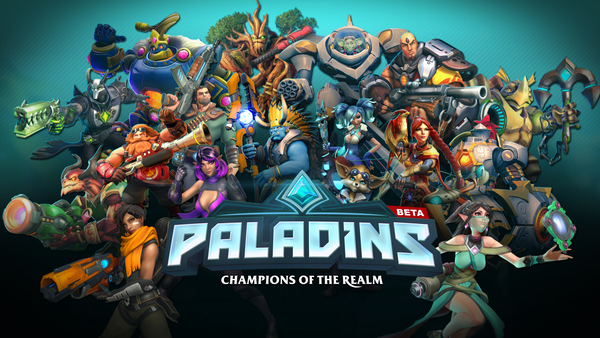Advertisement
Popular Now
Valorant is a tactical first-person shooter developed by Riot Games, blending the precision of shooting mechanics with the unique strategies introduced by agent abilities. Whether you're a beginner or a seasoned player, understanding the finer details of gameplay can significantly improve your performance and help you rise through the ranks. In this comprehensive guide, we will explore a range of tips and strategies that cover everything from agent selection to advanced mechanics like crosshair placement, team communication, and map control.
Mastering Agent Abilities for Maximum Impact
One of the defining features of Valorant is its roster of agents, each with their own unique abilities. Understanding how to maximize the effectiveness of your agent's abilities can give you a significant advantage.
Map Control and Positioning
Valorant maps are designed with multiple layers of strategy in mind. Knowing how to control key areas and position yourself effectively is crucial to winning rounds.
Practicing Consistently for Improvement
Improvement in Valorant doesn’t come overnight. It takes consistent practice and dedication to refine your skills and rise through the ranks.
Conclusion Improving in Valorant is a combination of mechanical skill, strategic planning, and teamwork. Whether it’s mastering your agent’s abilities, improving your aim, or managing your economy, focusing on these aspects will help you perform better in matches. By practicing consistently, maintaining a positive mindset, and adapting to the meta, you can become a formidable player in the competitive world of Valorant.
Mastering Agent Abilities for Maximum Impact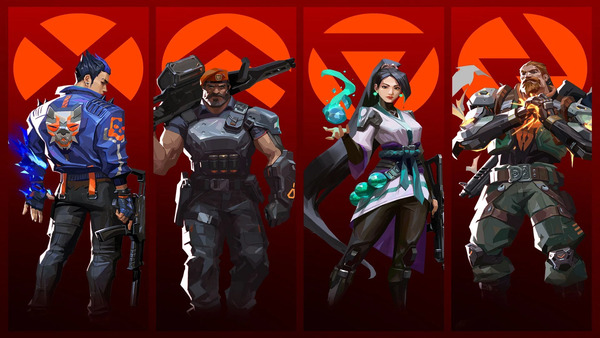
One of the defining features of Valorant is its roster of agents, each with their own unique abilities. Understanding how to maximize the effectiveness of your agent's abilities can give you a significant advantage.
Learning Your Agent’s Strengths
Each agent belongs to one of four categories: Duelists, Initiators, Sentinels, and Controllers. Duelists are typically fraggers, capable of taking out enemies quickly, while Controllers focus on map control and support. Learn your agent’s strengths and play to them; for example, use Viper’s Toxic Screen to cut off enemy sightlines or Jett’s Dash to engage or disengage fights.Ability Usage in Different Situations
Use your agent’s abilities not only for combat but also for information gathering, area control, or team support. For example, use Sage’s Barrier Orb to block off a key choke point, forcing the enemy team to either waste time or utility breaking through. Timing and context matter greatly when it comes to ability usage.Understanding the Valorant Economy System
The economy in Valorant dictates how well your team is equipped each round, influencing your purchase decisions for weapons, shields, and abilities. Learning how to manage the economy can turn the tide of a match.Planning Your Buys
Buying the right gear at the right time is critical. Avoid overspending during early rounds, as a "save" round where your team conserves credits can set you up for a stronger buy later. Coordinate with your team to ensure a balanced economy and prevent solo buying, which can leave you vulnerable if the rest of your team is under-equipped.Eco Rounds and Forcing
An eco round is when your team deliberately buys very little to save up for the next full buy round. A "force buy" is when a team spends everything to win a crucial round. Knowing when to force or save is a key skill in managing the economy. Forcing too often can leave you in a constant state of disadvantage.Improving Aim and Crosshair Placement
One of the most important skills in Valorant is having precise aim, and that comes from consistent practice and proper crosshair placement. Aiming isn't just about reflexes; it’s also about positioning and timing.Proper Crosshair Placement
Always keep your crosshair at head level while moving around the map. This minimizes the adjustment needed when you encounter an enemy, allowing for faster headshots. Crosshair placement should also be predictive, meaning you should be prepared for enemy positions rather than reacting late.Aim Training and Drills
Use Valorant's in-game shooting range or external aim trainers to build muscle memory and reflexes. Regularly practice different aim drills, such as flick shots, tracking, and burst firing. These exercises will improve your consistency in gunfights and help you adapt to different weapon recoil patterns.Effective Team Communication
In a team-based game like Valorant, communication is key. Whether you're playing in ranked or casual matches, effective communication can lead to better team coordination and ultimately more victories.Clear Callouts
Using proper callouts is essential in Valorant. Every map has specific areas with designated names, and knowing these callouts can save crucial seconds in relaying enemy positions to your team. Instead of saying “they’re over there,” use specific names like “one on A Heaven” or “pushing Mid.”Non-verbal Communication
If you’re not using a microphone, Valorant offers a robust ping system that can be used to communicate with your team. Use the ping wheel to mark enemies, bomb sites, or areas that need attention. This is especially helpful when you're playing in random teams where not everyone may have a mic.Managing Utility and Ultimates
In Valorant, managing your utility and ultimate abilities can be just as important as your weapon choice. These resources should be used at the right time to turn the tide of a round.Utility Management
Don’t waste utility at the beginning of a round without understanding the context of the enemy's location and your team’s objectives. Smokes, flashes, and walls should be saved for retakes, site holds, or pushes. Misusing utility can put your team at a disadvantage.Timing Your Ultimates
Ultimates can win rounds if used properly. Don't hoard your ultimate waiting for the perfect moment, but also don't waste it too early. Use it when it can significantly shift the balance, such as during site retakes, last-ditch defense, or crucial pushes.Map Control and Positioning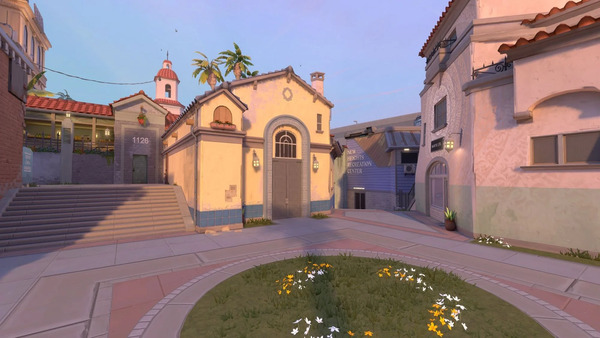
Valorant maps are designed with multiple layers of strategy in mind. Knowing how to control key areas and position yourself effectively is crucial to winning rounds.
Understanding Choke Points
Choke points are narrow areas of the map that are typically the main path to bomb sites. Control of these choke points is vital. Use abilities like smokes and flashes to gain an advantage when pushing or defending these areas. For example, use Omen’s smokes to obscure vision in key choke points while advancing.Holding Angles and Playing Off Angles
Position yourself at strategic points where you can hold an angle and catch enemies by surprise. Off-angles (unexpected positions) are a great way to throw off opponents and get a free kill. For example, instead of holding the common entry point on a site, hold a slightly off angle where enemies won’t pre-aim.Weapon Mastery: Choosing the Right Gun for the Situation
Valorant offers a wide variety of weapons, each suited for different playstyles and situations. Knowing when to use each type of weapon can give you an edge.Choosing the Best Weapon
Rifles like the Phantom and Vandal are typically the go-to weapons for mid- to long-range engagements, while the Operator is ideal for snipers. For close combat, shotguns like the Judge or SMGs like the Spectre can be lethal in the right hands. Learn to adapt your weapon choice to the map and situation.Controlling Recoil
Each weapon in Valorant has its own recoil pattern. Understanding and learning how to control these patterns is essential for accurate shooting. Spend time in the range practicing with your favorite weapons to understand how to control recoil, especially with automatic rifles.Adapting to the Evolving Meta
Valorant is constantly evolving, with balance patches and updates that change how agents and weapons perform. Staying up-to-date with the latest meta ensures you aren’t left behind.Following Patch Notes
Keep an eye on Riot Games' patch notes, as they frequently make adjustments to agents, weapons, and game mechanics. Understanding these changes and adapting to them quickly can give you an edge over players who are slower to adjust.Trying New Agents and Strategies
With each new patch, the meta shifts. Sometimes, an agent that was considered weak before might become stronger after a patch. Don’t hesitate to experiment with new agents or strategies when the meta shifts, as this can help you stay versatile and unpredictable.Maintaining a Positive Mental Attitude
Mental strength is just as important as mechanical skill in Valorant. Playing with a positive mindset helps you perform better and maintain consistency.Staying Focused Under Pressure
During intense matches, it’s easy to get frustrated after losing rounds. Keeping a calm and focused mindset will help you make better decisions under pressure. If you find yourself getting tilted, take deep breaths, and remind yourself that every game is a learning experience.Supporting Your Teammates
A positive attitude not only benefits you but also uplifts your team. Encourage your teammates, even after mistakes, and avoid toxic behavior like blaming others. A cohesive team that stays motivated has a higher chance of success.Practicing Consistently for Improvement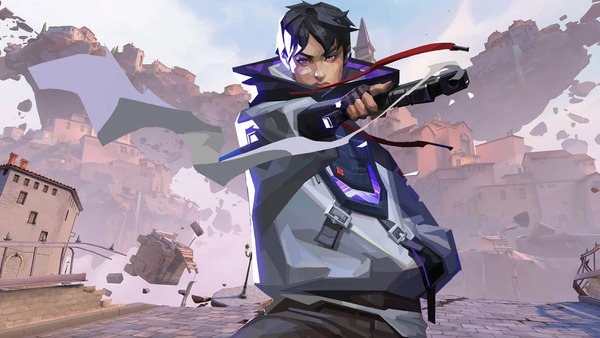
Improvement in Valorant doesn’t come overnight. It takes consistent practice and dedication to refine your skills and rise through the ranks.
Creating a Routine
Set aside time each day to practice, whether it's aim training, watching gameplay videos, or grinding ranked games. Consistent practice will help you develop good habits and muscle memory that translate into improved gameplay.Learning from Mistakes
Every loss is an opportunity to learn. After each game, reflect on what went wrong and what you could have done differently. Keeping a growth mindset will allow you to improve more rapidly over time.Conclusion Improving in Valorant is a combination of mechanical skill, strategic planning, and teamwork. Whether it’s mastering your agent’s abilities, improving your aim, or managing your economy, focusing on these aspects will help you perform better in matches. By practicing consistently, maintaining a positive mindset, and adapting to the meta, you can become a formidable player in the competitive world of Valorant.














